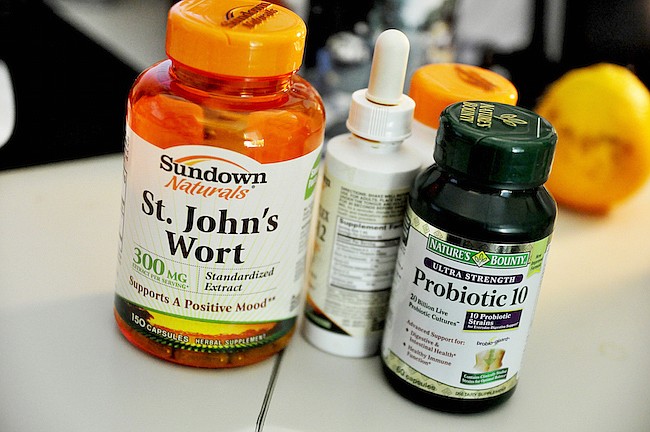Supplements are big business. But are they a big help to your health? Often they are not. Some are modern day snake oil. Consider:
- Safety and effectiveness are unknown. Supplements are not regulated by the FDA the same way drugs are. They are regulated as food. So the companies that sell supplements do not need to prove that they are safe or that they work or even that they contain what the package says they do. Four of five herbal supplements tested by the New York State Attorney's General's office in 2015 did not even contain the herb listed on the labels.
- "Natural" does not mean safe. Risks are real. Hemlock is “natural” but not safe. Some poison mushrooms are natural but can kill you. Some can cause serious problems, such as kidney or liver damage. Some can interact with medications you may be taking. Each year, 23,000 people end up in the emergency department after taking a supplement.
- Labels can be misleading. "Verified," "certified" or "approved" on the label might make you think they are OK, but for supplements, these words do not mean much. The "seals" from the U.S. Pharmacopeia, ConsumerLab, NSF International, and UL mean that the company paid one of those organizations to test a sample to see if it contains what it says it contains, but they don't test to see if the product is safe or if it works.
- Some supplements are good, like folic acid for women planning to become pregnant and who are pregnant, and vitamin D3 with calcium if recommended by your nurse practitioner (or physician) for osteoporosis. Other supplements may benefit the heart or joints. Much remains unknown, labels are not always accurate, regulation is minimal, and not all supplements are safe. So caveat emptor, buyer beware. Get good information from an impartial source. Consumer Reports September 2016 issue has a great article on supplements. Also, the National Institutes of Health has some good fact sheets on supplements. Check it out at http://bit.ly/Supplements2016
Dr. Nancy Rudner Lugo, local workplace nurse coach with HealthAction.biz, helps individuals and employees understand their health, make healthy choices and achieve their health goals. Send your questions to [email protected]

